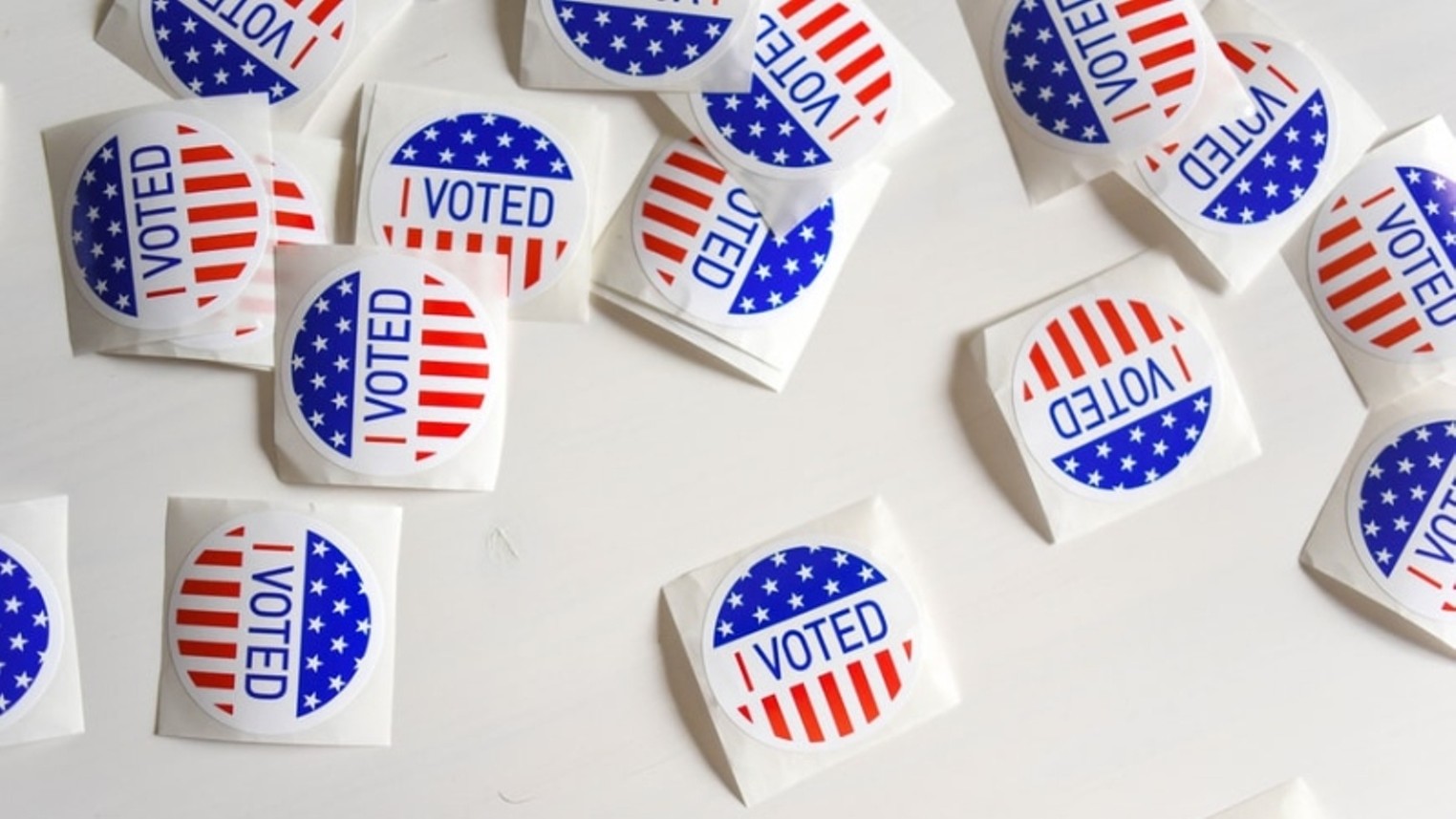Denver and Colorado Springs Face Big Marijuana Questions in 2022 Election
, 2022-08-12 11:01:00,
The state’s two largest cities will each consider separate marijuana initiatives that could heavily impact dispensaries, while one of Colorado’s more recognizable marijuana business owners is running for office. Here’s the rundown on pot at the ballot box:
Denver’s proposed marijuana tax increase
Proposed by a group called My Spark Denver, this initiative proposes raising Denver recreational marijuana sales taxes by 4.5 percent in order to subsidize out-of-school learning. According to the group behind My Spark Denver, the tax increase and a 0.3 percent appropriation of the city’s current pot tax revenue would collect $22.5 million annually for the project. The fund would offer $1,000 stipends for Denver families to pay for learning enrichment programs.
The $1,000 stipends could be used for out-of-school programs that provide tutoring and “supplemental academic instruction” in educational areas, as well as sports activities, career training or mental health. Funds could also be used for educational materials and transportation required to participate in such programs.
Colorado voters rejected a proposal similar to My Spark Denver last November. Proposition 119 had asked for a 5 percent increase in marijuana sales taxes statewide to help fund a new out-of-school education program. Although that measure lost by an 8.5 percent margin across the state, it was more successful in Denver, where nearly 49 percent of voters approved the measure.
Prop 119’s funding eligibility qualifications for providers and the structure of its oversight board faced criticism from within the educational community in 2021. The My Spark Denver setup would be similar, with the program run by a nine-member board of directors. Denver’s mayor would appoint seven of those members; one would be a Denver City Council member and the ninth the superintendent of Denver Public Schools or an appointee chosen by the DPS superintendent.
Children would have to live in Denver and be eligible for public-school admission in order to qualify for funds, but the My Spark Denver language doesn’t specify whether a child would actually have to be enrolled in a public school.
Both Prop 119 and the My Spark Denver campaign are projects of Gary Community Ventures, which spent over $1…
,
To read the original article, go to Click here

